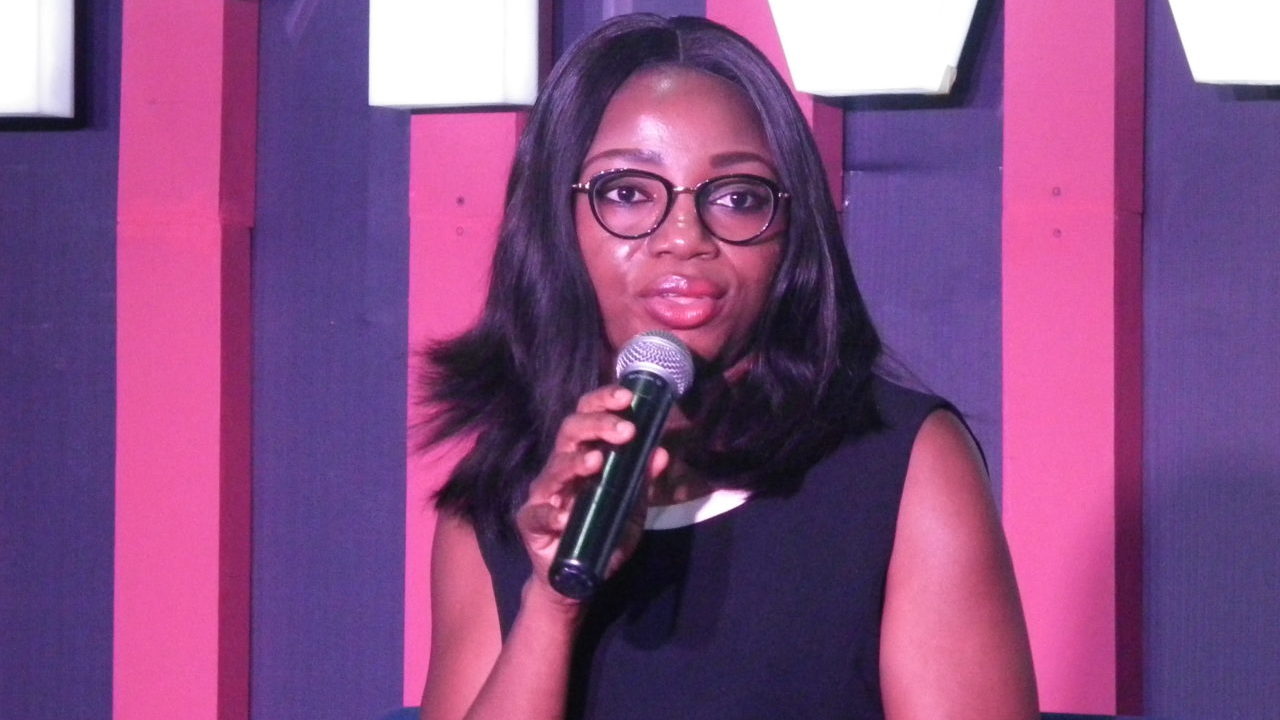
Head of operations and editorial manager for the digital division of The Guardian Newspaper, Lolade Nwanze has urged media practitioners to stop putting blame on rape victims when filling news reports.
Nwanze, who made this submission on Friday in Abuja at a two-day workshop on gender reporting for media professionals organised by TechHer, insisted that blames must be centred on the perpetrators.
According to Nwanze, if reports related to gender-based violence makes the victims feel bad, the author of the report has not done a good job.
“Whatever it is that tries to put the blame on the victims shouldn’t be on the story, all blames should be centered on perpetrators, if your story makes the victims feel bad, you have not done a good job.”
“It is not an abomination to tag a perpetrator a “Rapist” because someone who steals is a thief, it is your character and as long as the violence is done against the person it is called rape.”
Nwanze, who moved against the use of certain words when reporting rape cases, noted that alot of things needed to change if media professionals must sincerely report gender-based violence.
“Can we reduce the use of the word ‘allegedly’ when writing crime reports, we are supposed to be an authority, if we are going to sincerely report gender there are alot of things we need to change for us to be professional in what we do,” Nwanze said.
“It is the authority behind our stories that makes it different even though we need to censor ourselves, if we have to practice journalism we need to be ready for it because there is always heat in the kitchen.”
She stressed the need to involve women in the management of newsrooms and decision making to address imbalances. She pledged commitment towards improved and adequate reportage for the vulnerable in society.
Speaking earlier, Project lead of TechHer, Kawthar Ahmed explained that the workshop was initiated to bring journalist together to discuss how to properly report gender base issues.
Ahmed urged participants to be balanced when handling reports concerning gender-based violence, maintaining that gender reports was given access and voice to the gender in context and aspect in every issue.
[ad unit=2]



